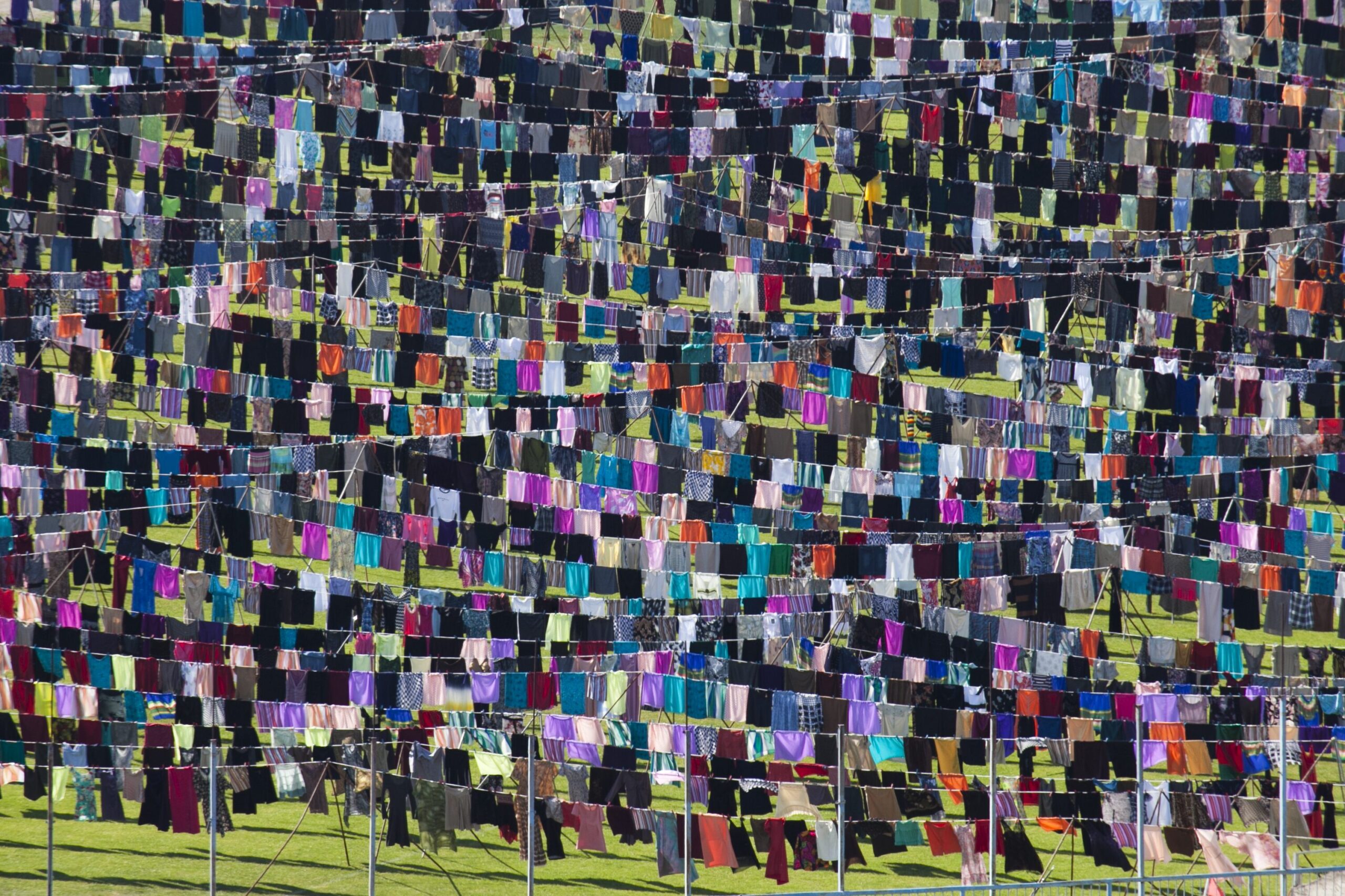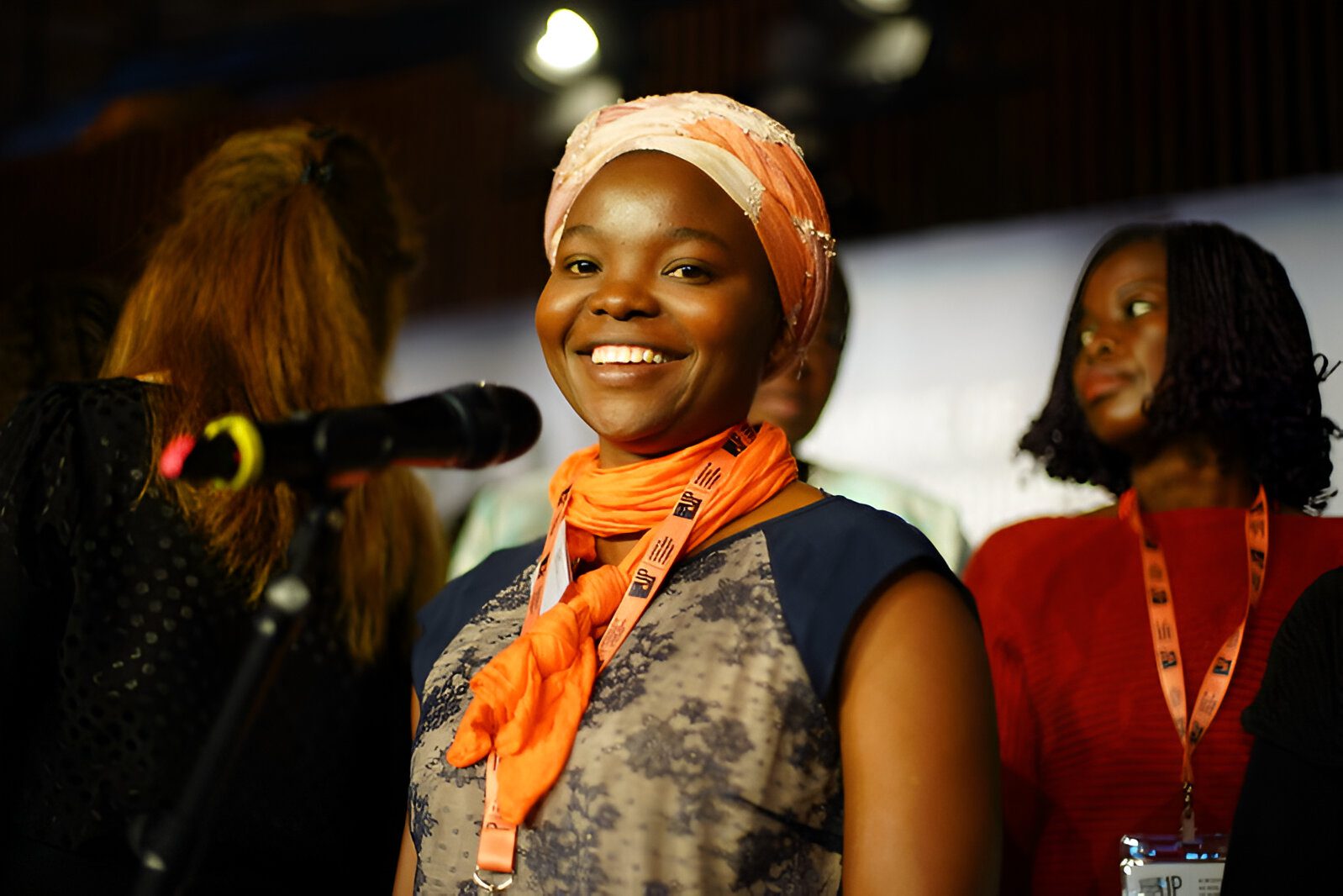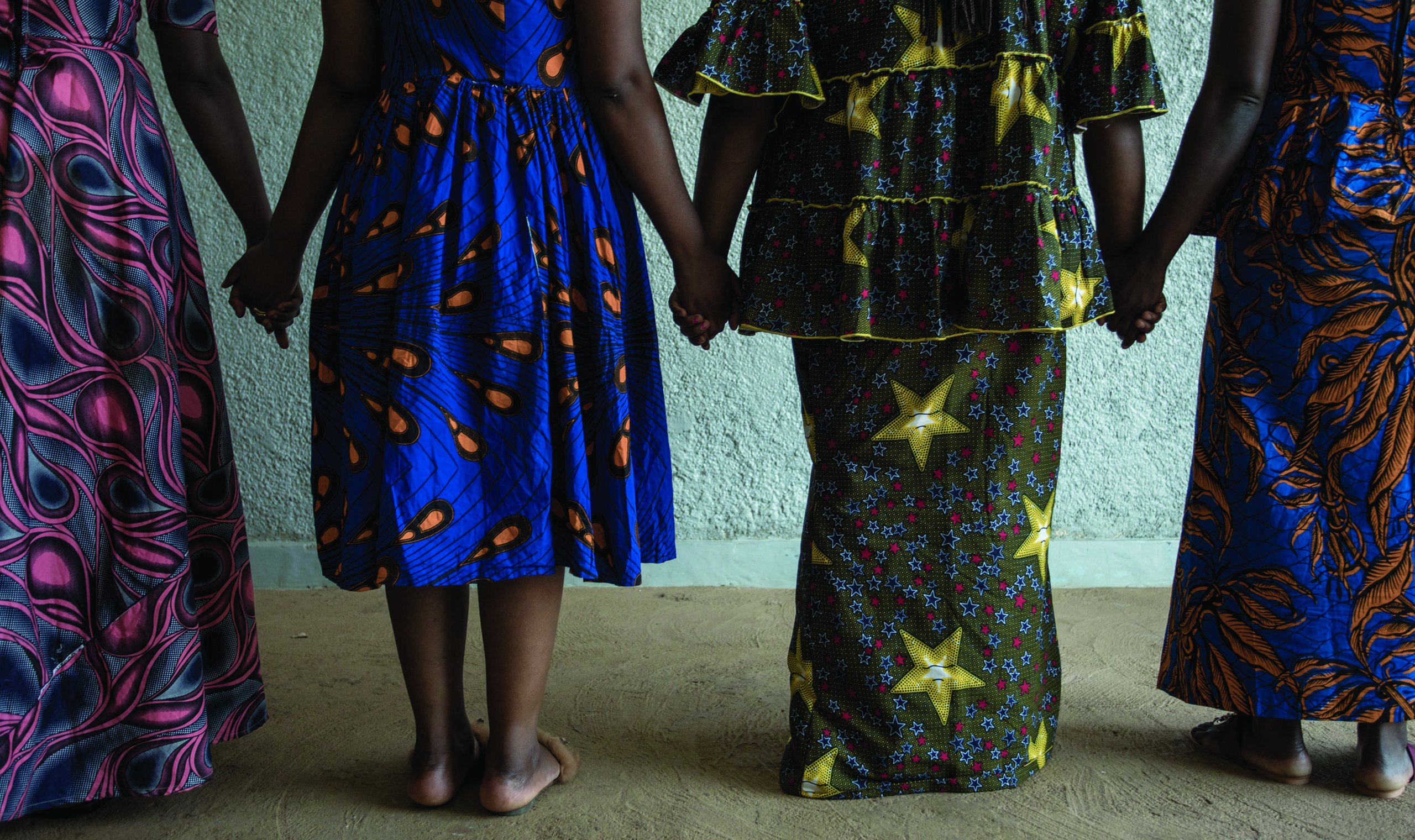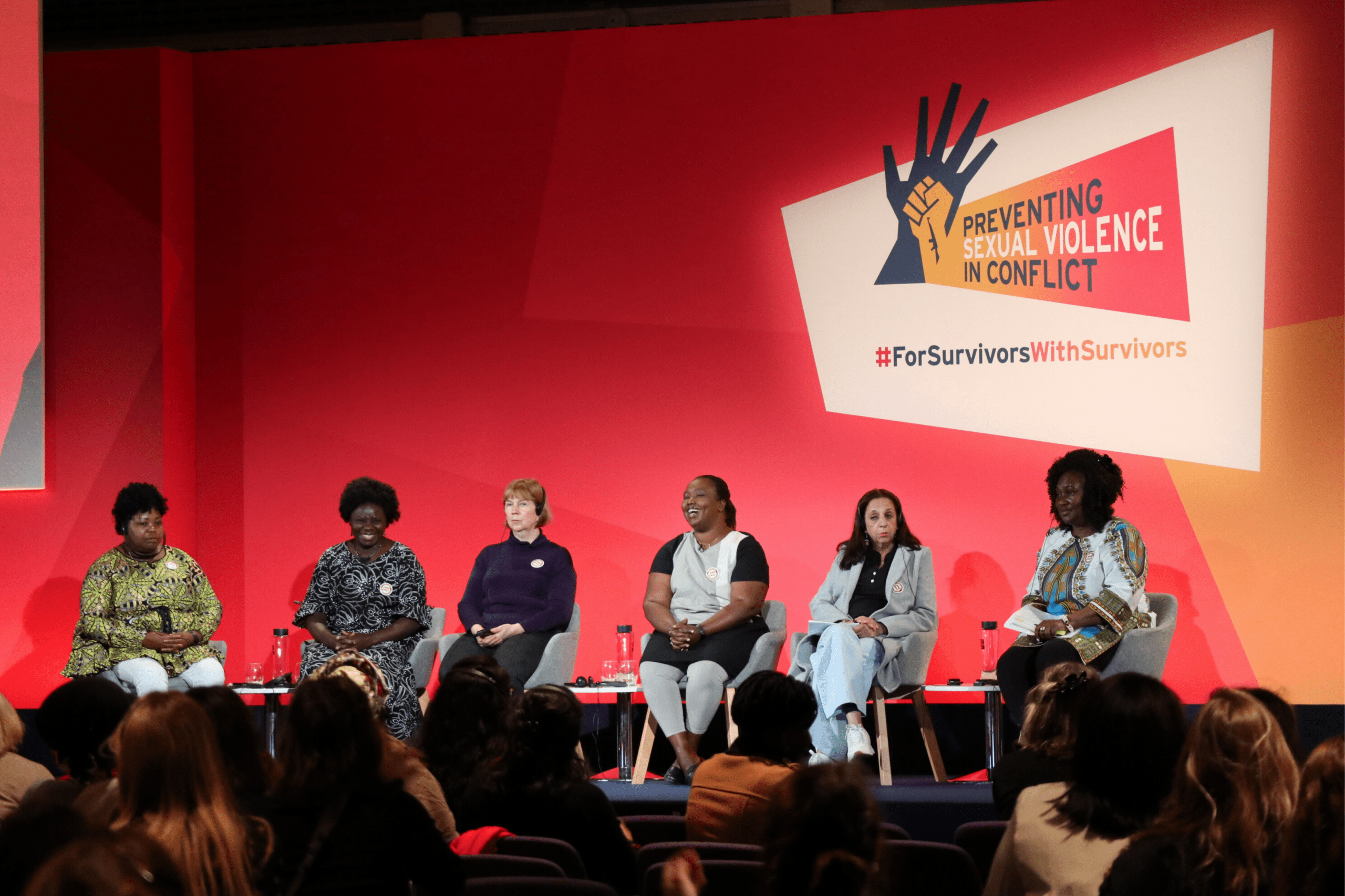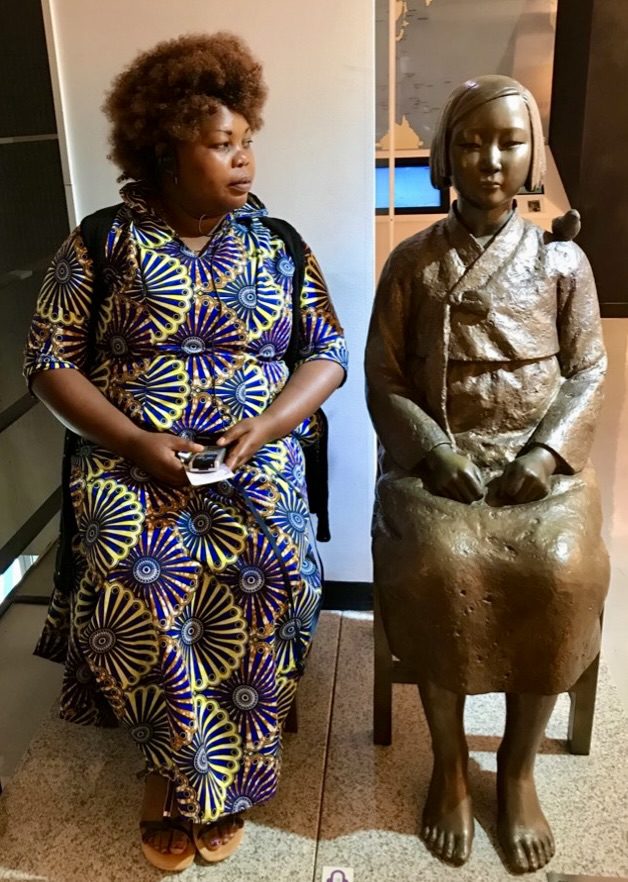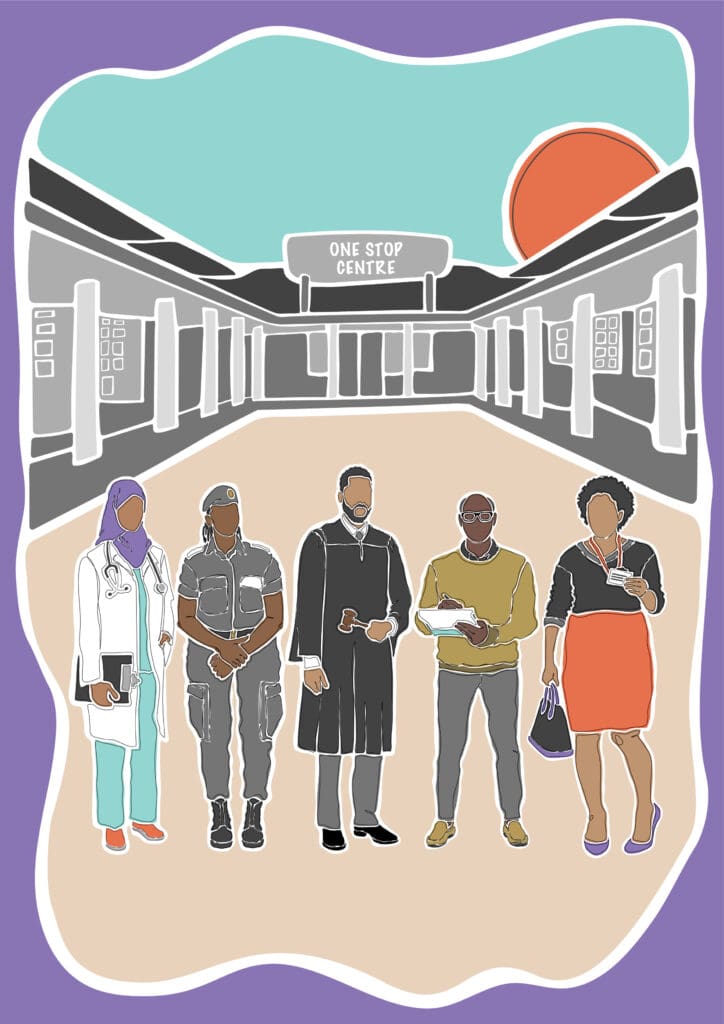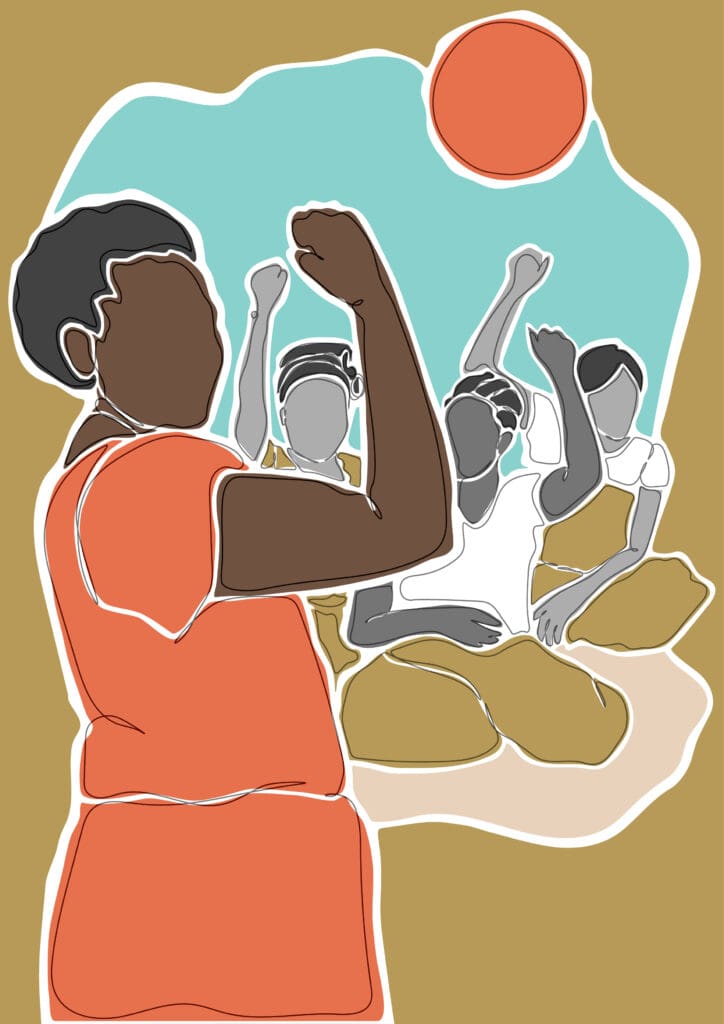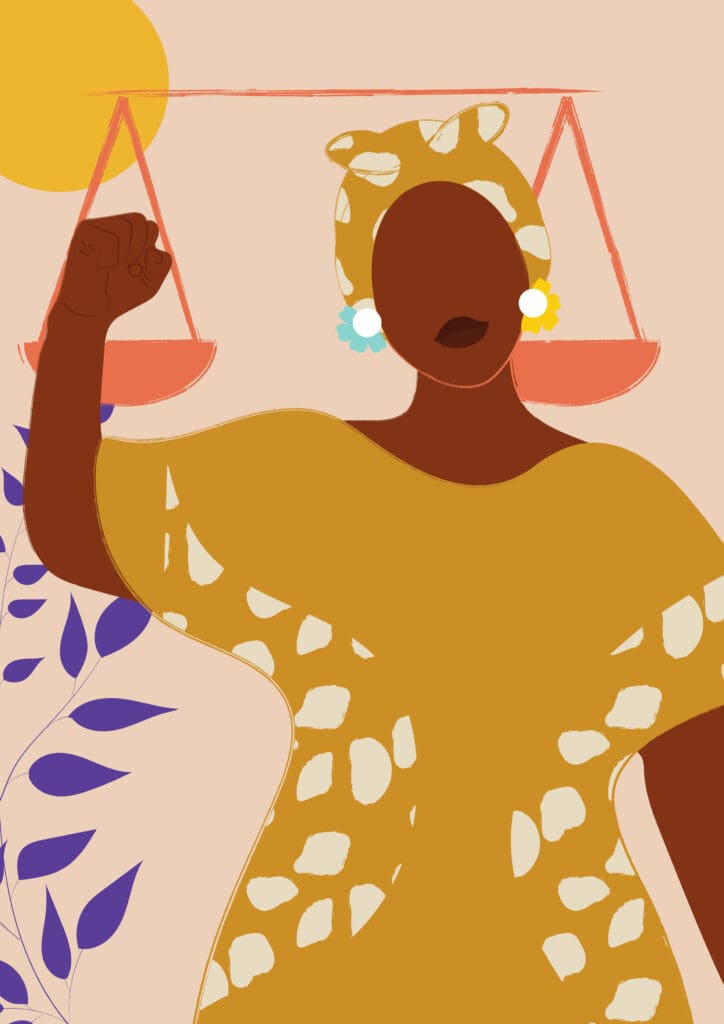Ukraine Sets a World Precedent: Moving forward on holistic care and urgent interim reparation for survivors of CRSV
Who we are
The Mukwege Foundation is an international rights-based, survivor-centred organisation working to change the global response to conflict-related sexual violence.
We support survivors’ demands for a world where sexual violence as a weapon of war is no longer tolerated and bears consequences for individual perpetrators and states. We work for a future where survivors receive the holistic care and compensation they need to rebuild their lives. We create opportunities for survivors to speak out and be heard, and where they can organise to create change, influence policies, and demand justice and accountability.
What we do
Our partners

